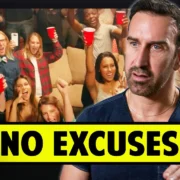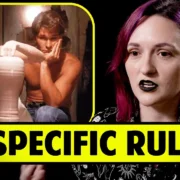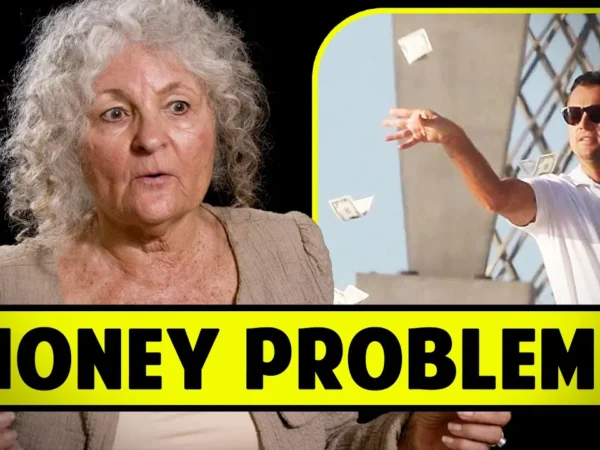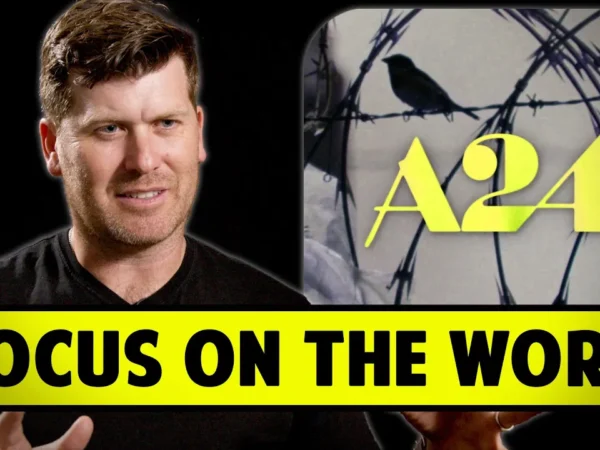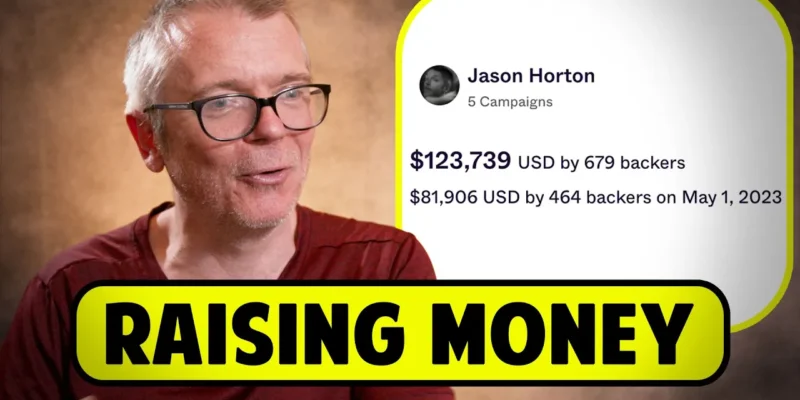
Interview with J. Horton, Filmmaker and Crowdfunding Expert
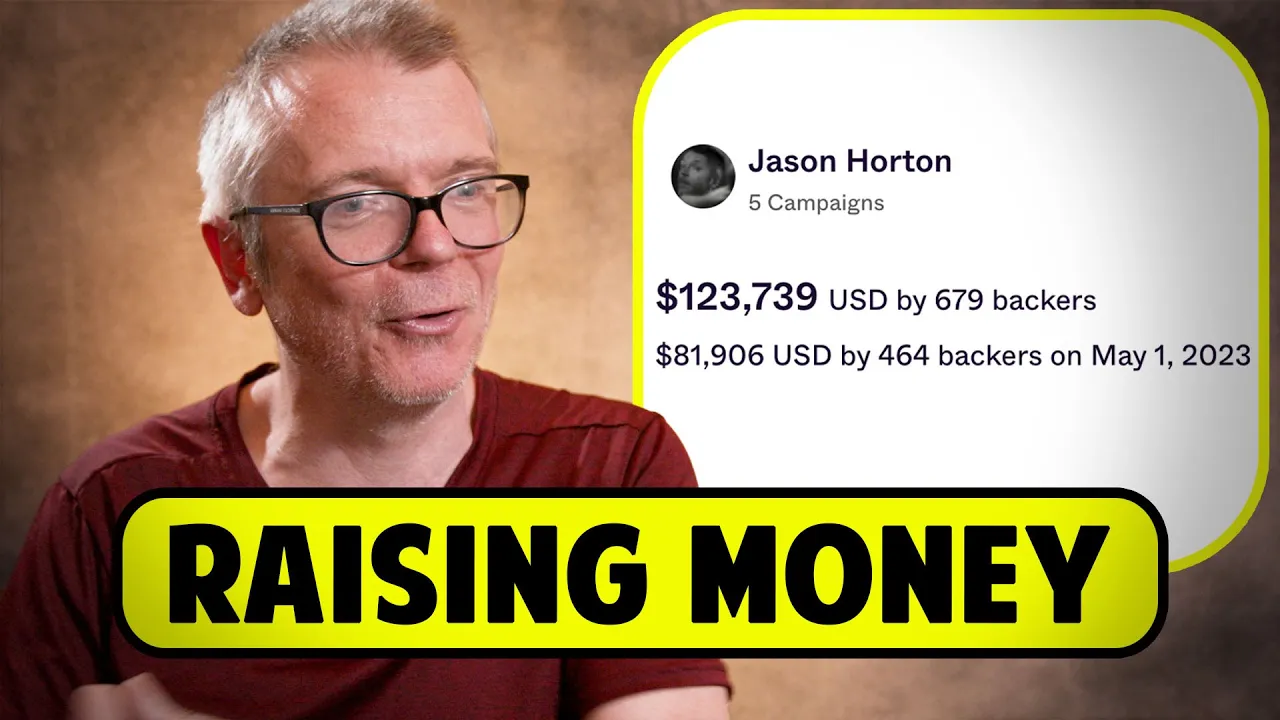
Film Courage: So you’ve raised over two hundred and fourteen thousand or so via crowdfunding?
J. Horton: Yeah.
Film Courage: What is it about you where people just wanna give you money, Jay?
J. Horton: People love me. I mean, I know it’s a joke, but I’m also kinda serious. One of the major things that set me up for crowdfunding success was doing my filmmaking channel. It’s not necessarily that all filmmakers came in and gave all that money because that’s not what it was. But it really gave me the confidence to do a crowdfunder. I’m much better on camera now. When I started doing that, I was very awkward and quiet. I had no interest in being in front of the camera. Doing that channel gave me confidence. I could speak well, and I think my pitch videos for both my projects were really good, featuring me pretty heavily.
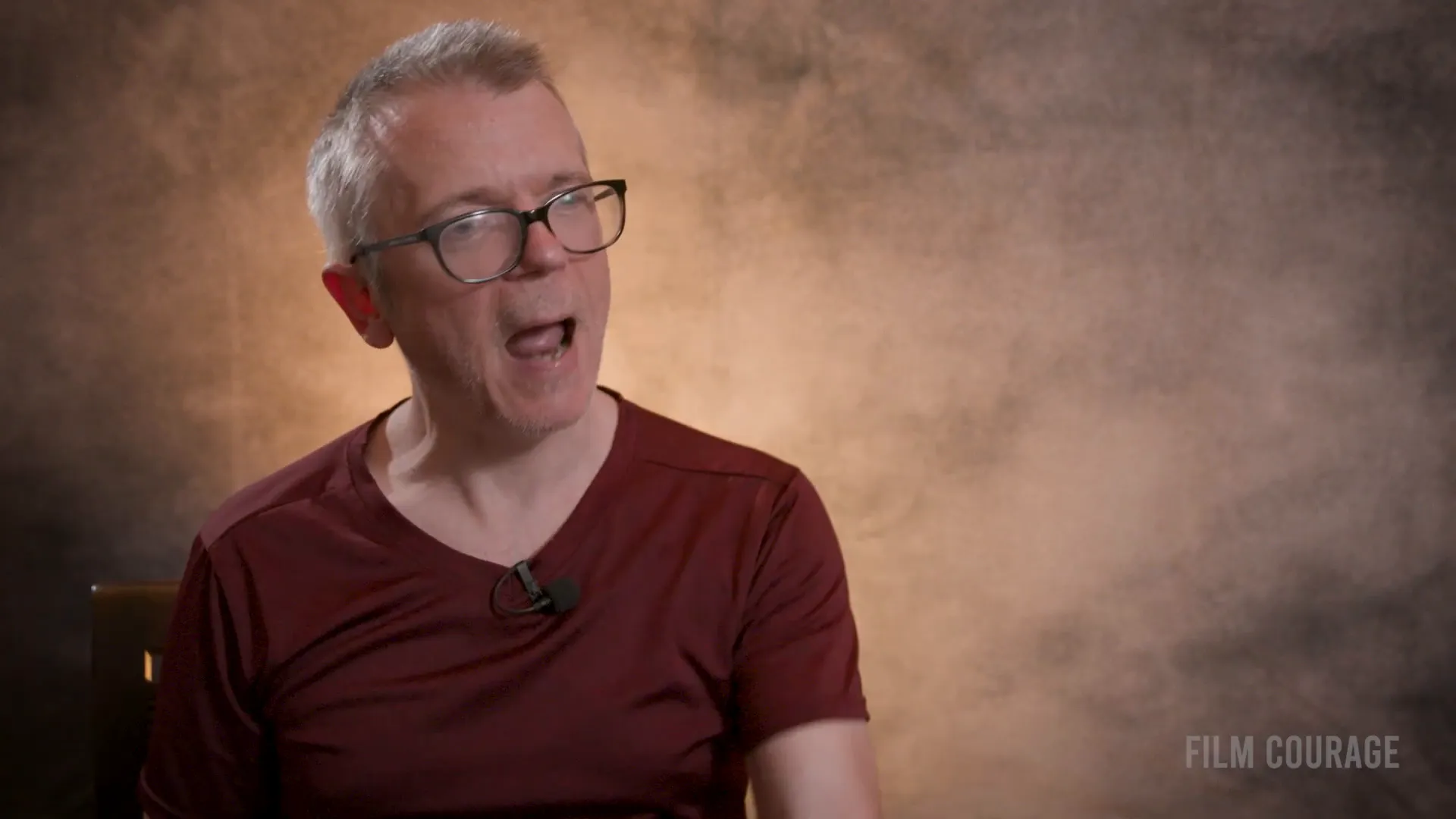
Film Courage: How important is early momentum in crowdfunding?
J. Horton: Crowdfunding is a lot like movie success; a lot of it is dependent on early momentum. If you can get early momentum going, you can really get something up there. They say on most crowdfunders that if you don’t raise thirty percent in the first couple of days, you’re dead in the water. On both Craving and A Hard Place, I think I was well over fifty percent on day one, which helped a lot.
Film Courage: What do you think makes you approachable to your audience?
J. Horton: I’m very approachable, especially online. If somebody comments, even just a little, I respond genuinely. I spend time thanking every single person that donates, even if it’s just a dollar donation. It can get overwhelming sometimes, but I try to respond to everyone genuinely. The cool thing about crowdfunding is you build friendships out of it. I’ve made lifelong friends from people that have donated to my movies or been a part of them, which has been great.
Film Courage: What kinds of projects do you think attract backers?
J. Horton: For both my projects, not to sound egomaniacal, but they were exciting projects. They were projects that people wanted to be a part of. If you have an exciting project, people want to support it. They want to be part of the winning team, and that is what it is. I have a track record of finishing projects. Before I ever did a crowdfunder, I made almost twenty movies, and I’ve never not finished a movie. That in and of itself is a huge plus.
Film Courage: How do you view self-promotion?
J. Horton: A lot of filmmakers find self-promotion like a dirty word. They don’t want to do it. I’ve grown to enjoy it, and I’m good at it. The crowdfunding was a big part of that.
Film Courage: How do you keep your audience engaged during a campaign?
J. Horton: Your audience or supporters need to get something out of it, whether that’s entertainment or education. During my campaigns, I do little live streams to tell people how it’s going, and I share what I’m doing. I’m transparent about the process and keep them engaged.
Film Courage: Can you explain what upsells are and their importance in crowdfunding?
J. Horton: One major component of running a successful crowdfunder is upsells. It sounds very sales-y, but it works. A good thirty to forty percent of what we raised came from upsells. For example, I’ll sell an associate producer credit for three hundred and fifty dollars and a co-producer credit for a thousand. If someone buys the associate producer credit, I’ll genuinely thank them and then offer them an upgrade to the co-producer credit. It sounds used car salesman-ish, but it works.
Film Courage: How do you address the misconception that crowdfunding is just about supporting a project?
J. Horton: There’s a misconception that people will just want to support your project. Some people do that, but most want something tangible out of it. An associate producer credit or the chance to act in a scene is exciting for them, especially in the horror realm where they may already spend money at conventions to meet actors.
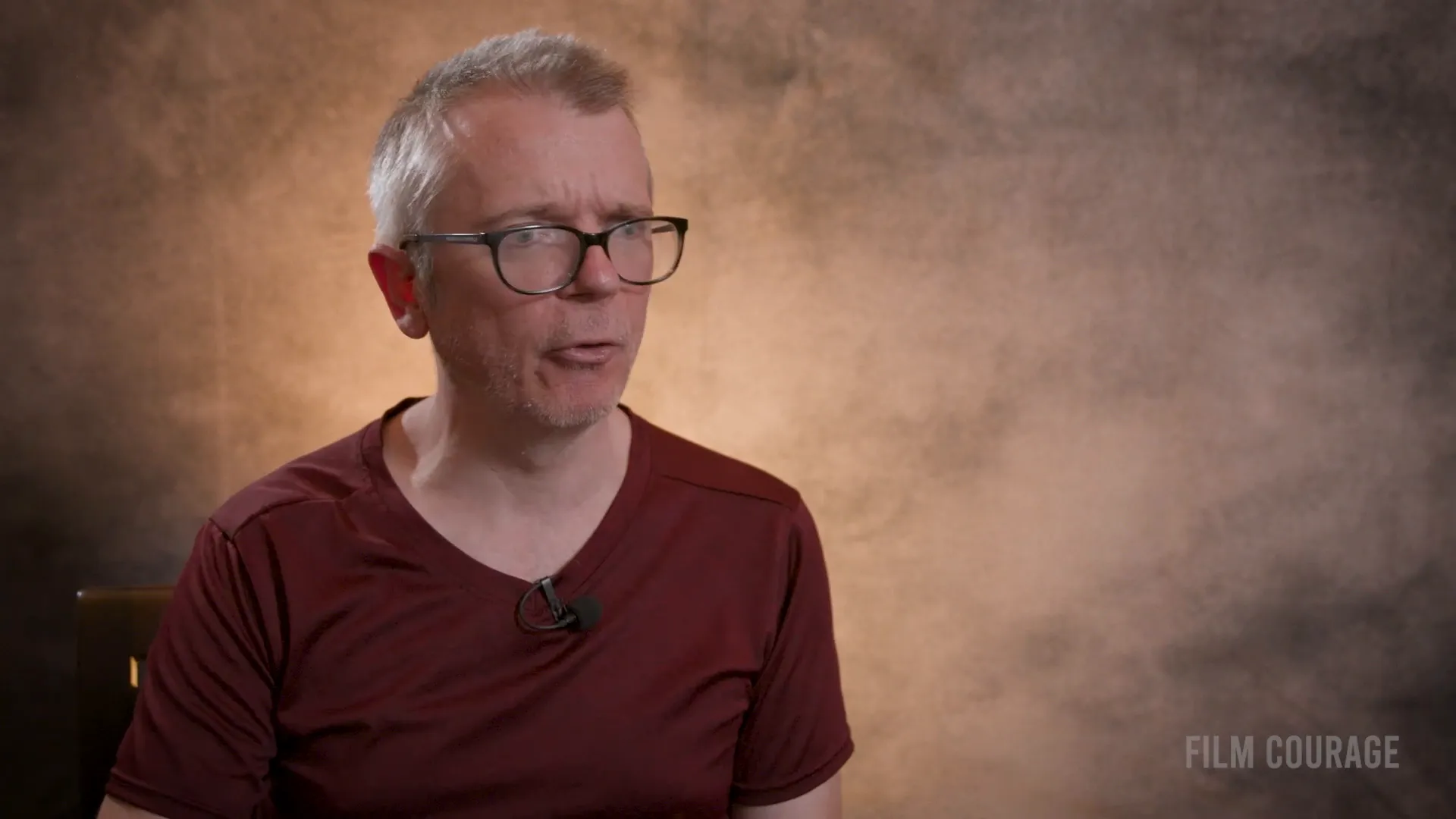
Film Courage: How do you ensure that non-actors or inexperienced actors fit into your films?
J. Horton: You have to tailor those roles for non-actors or inexperienced actors. Sometimes, I’ve had some turn out to be really good actors. When I did A Hard Place, we had about sixteen non-actors, and I expanded some roles because they were so fun and good. If someone is going to get an acting role, I always make it clear that it’s an audition. I’ll give them sides to read and assign roles based on their abilities.
Film Courage: How do you view your previous experiences with narrative films versus documentaries?
J. Horton: I initially directed a ton of narratives and used to do them really fast. But now, I don’t want to make movies that quickly anymore. I want to be able to compensate a crew fairly and at a livable wage. It’s impossible to pay a proper crew proper wages on a ten thousand dollar movie. My goal is to create a more comfortable working environment and work on larger scale projects.
Film Courage: How do you plan your crowdfunding campaigns?
J. Horton: Planning a crowdfunder is not simple. I typically spend about ninety days setting up a campaign. This includes deciding what the project is, creating materials, and crafting social media posts. I ensure that I have multiple posts ready for each day of the campaign. A successful campaign needs a lot of material and variety to keep it fresh.
Film Courage: What percentage of your crowdfunding goal do you try to have pre-promised before launch?
J. Horton: I believe you should have about thirty percent of your goal pre-promised. Before day one, I reach out to friends and supporters to ask for small contributions. This helps build momentum, which is essential during the campaign.
Film Courage: How do you celebrate milestones during your campaign?
J. Horton: It’s important to celebrate your victories. Whenever we reach a milestone, I post about it to keep the energy up. For example, if we hit a certain amount, I’ll share that we just passed a hundred backers or whatever the achievement may be. It keeps the excitement going.
Film Courage: Why did you choose Indiegogo over other crowdfunding platforms?
J. Horton: Initially, I chose Indiegogo because they had an option where you can set your goal, but you can keep what you make. This was appealing to me. Indiegogo also has a robust and supportive horror community, which is where I was crowdfunding my movies. Once I had success with them, I decided to stick with it.
FAQ
- What is the most important factor for a successful crowdfunding campaign? Early momentum is crucial. Aim to raise a significant percentage of your goal in the first few days.
- How do you engage your audience? Regular updates, live streams, and engaging posts help keep your audience invested.
- Can anyone participate in acting roles in your films? Yes, but they must understand it’s an audition, and I tailor roles for non-actors accordingly.
- How long do you spend planning a crowdfunding campaign? Typically, about ninety days to ensure everything is set up and ready.
- Why choose Indiegogo for crowdfunding? Indiegogo’s flexible funding option and supportive community make it an attractive choice for filmmakers.





